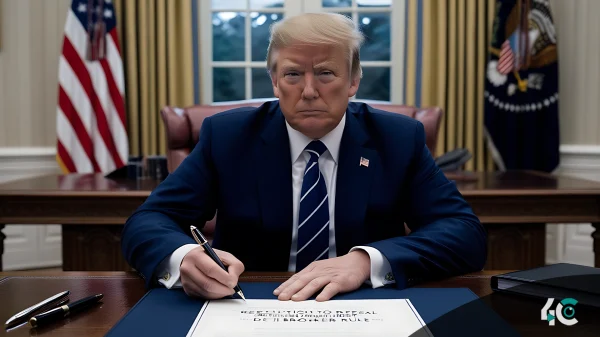The U.S. Internal Revenue Service (IRS) has underlined once more its position that, upon receipt, staking rewards from cryptocurrency are taxable as income. Joshua and Jessica Jarrett, who have been opposing the IRS’s tax treatment of staking awards, launched a judicial challenge that led to this pronouncement.
Staking, a process that locks cryptocurrencies in a smart contract to support and protect blockchain systems, rewards participants with extra tokens. The Jarretts argue that these rewards, akin to a farmer’s produce or an author’s work, should remain tax-free until their sale or trade.
Nonetheless, the IRS has made it clear that staking rewards are considered taxable income immediately upon creation, with taxes based on the tokens’ market value at the time of receipt. The Jarretts’ lawsuit challenging the IRS’s 2023 staking taxation policy strengthened the agency’s stance.
The legal conflict started in 2021 when the Jarretts sued first over taxes paid on staking rewards acquired in 2019 from 8,876 Tezos tokens. Instead of accepting an IRS offer to resolve the situation with a refund, the pair decided to pursue the matter further to establish a legal precedent for taxing staking rewards across all proof-of-stake networks.
Seeking a refund of taxes paid on staking incentives from 13,000 Tezos earned in 2020, the Jarretts filed a second complaint in October 2024 for an injunction against the IRS’s present tax handling of staking rewards. The crypto community has shown great interest in this lawsuit as its decision will shape the future taxation of staking rewards.















































